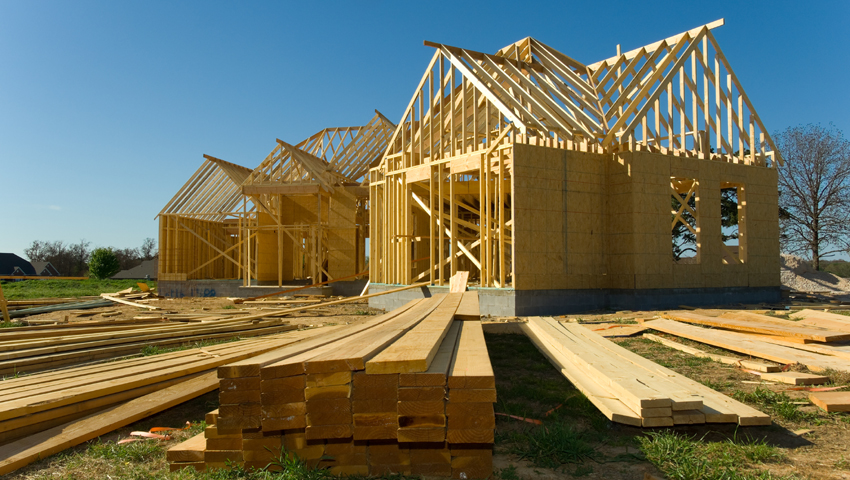THE Environmental Audit Committee has recommended increasing wood in construction and expanding UK productive forestry to help achieve the 2050 net zero target.
In its latest report – ‘Seeing the wood for the trees: the contribution of the forestry and timber sectors to biodiversity and net zero goals’ – the Environmental Audit Committee (EAC) has recommended increasing wood in construction and expanding UK productive forestry to help achieve net zero by 2050.
Builders’ Merchants News reports that over the last year, MPs have heard from a range of industry experts on the best ways to scale up a sustainable, resilient domestic timber sector. The inquiry comes following the Climate Change Committee’s recognition of timber as crucial to decarbonising the built environment.
The EAC notes that “The World Bank estimates that global timber demand is set to quadruple by 2050. Demand in the UK is also expected to rise, in part because of the Government’s commitment to promote timber use in construction as part of the UK’s Net Zero Strategy. The UK imported 81% of all its timber in 2021, making it the second highest net importer of wood in the world. Against this backdrop of increasing demand, the UK’s softwood timber supply is set to fall even further behind demand, with production forecast to peak in the late 2030s before falling back to current levels in the 2040s.
“Not only are trees and woodlands vital to the provision of timber, but creating new woodland is also widely agreed to be crucial for the UK to meet its 2050 net zero target and nature recovery targets. Trees and woodlands have an important role to play in providing other ecosystem services including climate regulation, soil conservation, the removal of air pollution and urban cooling.”
The EAC calls for greater use of “long-term” timber in construction, stating the government should support the saw-milling sector to transition towards “producing a higher percentage of construction grade timber products and engineered timber.”
Timber has a long lifespan as a construction product and is essential for substituting high carbon materials such as steel and concrete in the built environment.
The committee says that the government must publish its timber in construction roadmap “as soon as possible” to outline how we can expand low-carbon timber construction in the UK.
Timber Development UK CEO and Confederation of Timber Industries Director, David Hopkins, said: “It is great to see MPs in the Environmental Audit Committee once again acknowledge the pivotal role timber must play in decarbonising construction in the UK.
“The committee is right to argue for increased domestic timber production, with productive forests in the UK lagging well behind other European states.
“However, as we have mentioned in our latest APPG report, increasing UK timber supply should be incentivised to complement, rather than replace, imported timber as UK supply alone cannot match demand, even in the medium/long term.
“Additionally, the UK plays a positive role as a net importer of timber, with effective demand-side regulations promoting forest growth around the world.
“The Environmental Audit Committee is a hugely influential advisory body, with its previous report – Building to net zero – culminating in the creation of the Timber in Construction Working Group.
“I look forward to seeing how the government responds to this latest report as well as the release of the Timber in Construction Roadmap later this year.”
